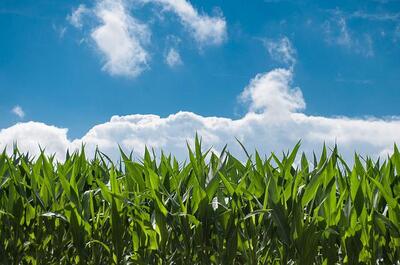Wisconsin Policy Forum Report on Wisconsin Farmland Property Taxes
Sunday, February 4th, 2024 -- 9:00 AM

(Hope Kirwan, Wisconsin Public Radio) Like most states, Wisconsin treats farmland differently when it comes to property taxes.
According to Hope Kirwan with Wisconsin Public Radio, state law says that agricultural land is assessed “according to the income that could be generated from its rental for agricultural use.”
But a new report from the Wisconsin Policy Forum found the way farmers’ property tax bills are assessed is lower than if they were based on income alone. The switch to assessing property taxes based on land use was driven by the farm crisis of the 1980s, when farms across the country were facing foreclosure due to low incomes and high interest rates.
Tyler Byrnes, researcher for the Wisconsin Policy Forum, said the original formula, first used in 2000, took into account the five-year average price of corn and different factors related to production costs.
But this system was suspended after only a few years, when depressed corn prices caused the formula to produce negative property tax bills in 2004. “I think it’s fair to say that it didn’t really do what it was supposed to do because it ended up with this strange outcome almost immediately,” Byrnes said.
By 2006, state officials modified the formula to limit the annual change in assessed farmland values to the annual change in statewide equalized values for all other types of property.
The policy forum’s report found this modification has held down the assessed value of farmland over the last two decades. As the sale price of land has skyrocketed in recent years, the total value of the tax benefit is now the highest on record after adjusting for inflation.
In 2023, the average market value for an acre of Wisconsin cropland was $6,710, according to data from the U.S. Department of Agriculture. By comparison, an acre of cropland was assessed at $242 on average across the state using the state Department of Revenue’s Use Value Guidelines.
Looking at the last six years, the policy forum report found the assessed values have remained consistently lower than if they weren’t limited to the change in other property values. The land use value would have been $933 for 2023 if it was just based on the net farm income formula, almost four times what was actually assessed.
Byrnes said going back to the income-based formula would be detrimental to farmers, especially given the swings in production expenses and crop prices experienced in recent years. But he said it’s worth pointing out that a tax assessment intended to be linked to farm income no longer appears to be.
Feel free to contact us with questions and/or comments.




